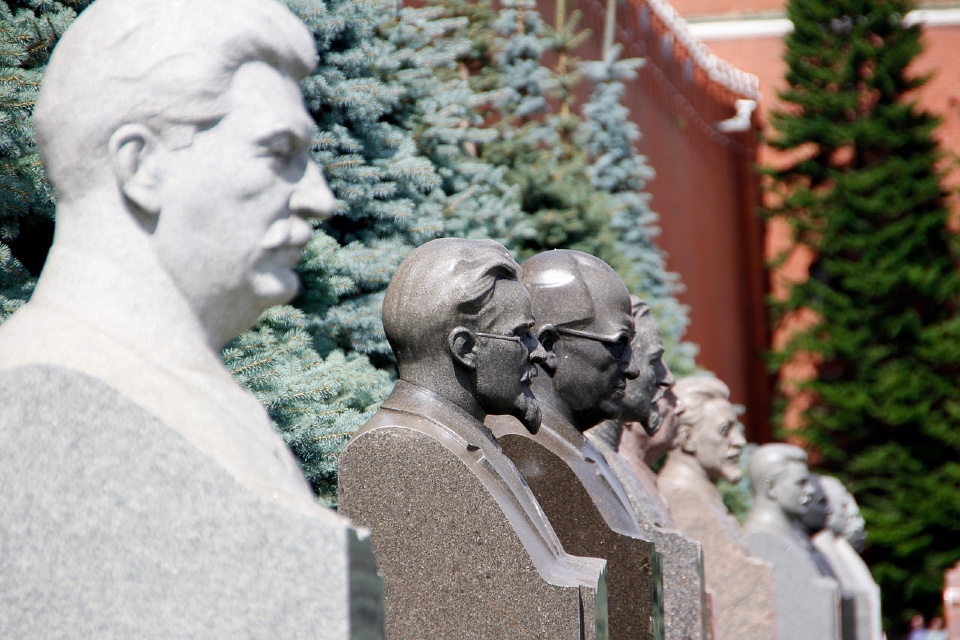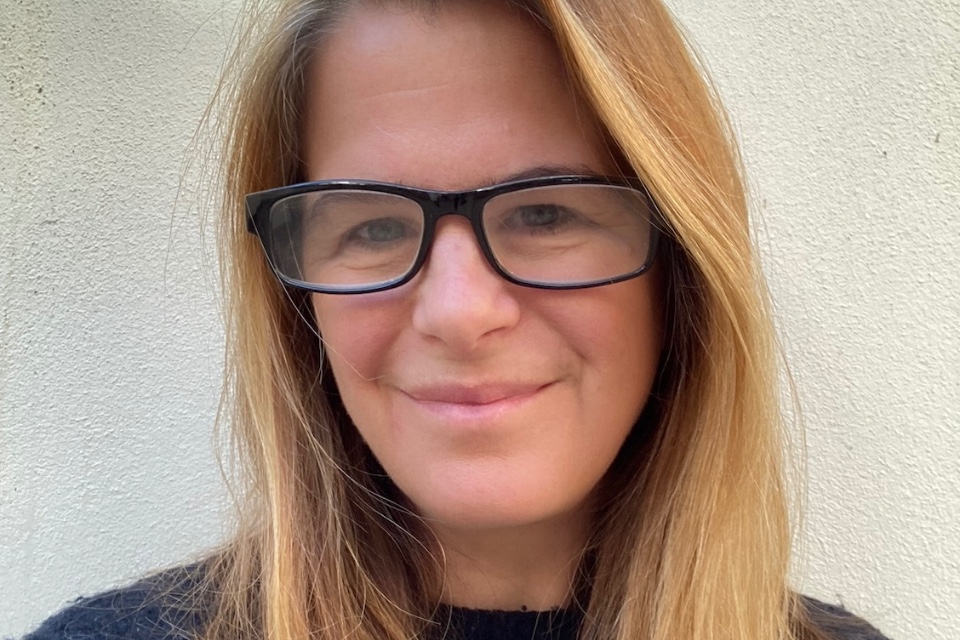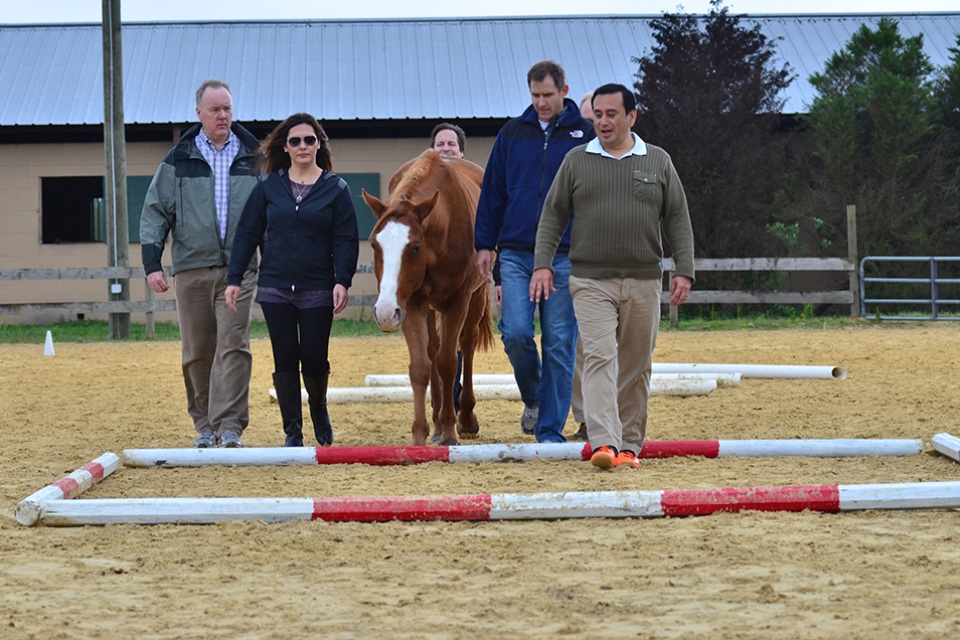Holocaust Centre North has launched a specialist training course examining the leadership styles of 20th century dictators to help modern leaders understand how management styles impact on inclusion in the workplace.
Exploring the leadership traits of Hitler, Stalin and others, as well as the dangers of being a bystander, the half-day course highlights the dangers of ignoring inclusion. It offers a challenging look at equality, diversity and inclusion (EDI) at a time when cases of toxic workplace culture are rarely out of the headlines.
London Fire Brigade, Yorkshire Cricket Club and the Metropolitan Police are just some of the organisations that have recently been shown to have toxic workplace cultures, and the course organiser admits that shock tactics are needed to make people confront problems.
“Participants are shocked to see that some of their leadership traits are similar to dictators,” said Hannah Randall, Head of Learning at Holocaust Centre North. “Stalin was an extreme micro-manager and this style is familiar to a lot of people. So too is Hitler’s hands-off and unaccountable approach that relies on his force of personality to get things done. It’s very much the blueprint of populism.”
Before being launched by the West Yorkshire charity, the course was piloted for a year to major businesses and northern councils and Randall adds that participants did not find the content a leap too far.
“It gets people thinking,” added Randall. “We are using extreme scenarios but it serves a dual purpose. It makes people question their leadership style and it makes them confront relatable experiences that some would rather forget. So, for example, most people have seen discrimination in their organisation, which is stage three on the ten stages of genocide. A good number of people have seen colleagues not allowed to share their ideas or be valued because they’re a woman and some have seen colleagues wearing a hijab openly mocked and singled out for abuse.”
The course is part of Huddersfield University-based Holocaust Centre North’s ambitious learning programme that seeks to explore the darkest parts of modern history to understand how to effectively challenge prejudice and discrimination today.
By using case studies of 20th century dictatorships, participants will learn how individuals have historically and unknowingly contributed to racism, violence, and extremism. The session, which can be delivered in person at Holocaust Centre North in Huddersfield, or online, then looks at how to identify the early warning signs of discrimination and complicity so that equality, diversity and inclusion can thrive across all levels of the workplace.
“It’s now widely accepted that modern leaders must embrace EDI, and organisations cannot afford to pay lip service to it,” said Holocaust Centre North Director Alessandro Bucci. “By exploring the grey areas of the Holocaust – and recognising that it’s too simple to reduce it to just good and bad guys – we are having real success in getting people to think about how they can create more inclusive workplaces.
“In the last year alone, allegations of bullying in employment tribunals have risen by 44 per cent to a record high – so there’s clearly a need for a more forceful approach to make people think about what they can do differently.”
Image by Peggy und Marco Lachmann-Anke from Pixabay









